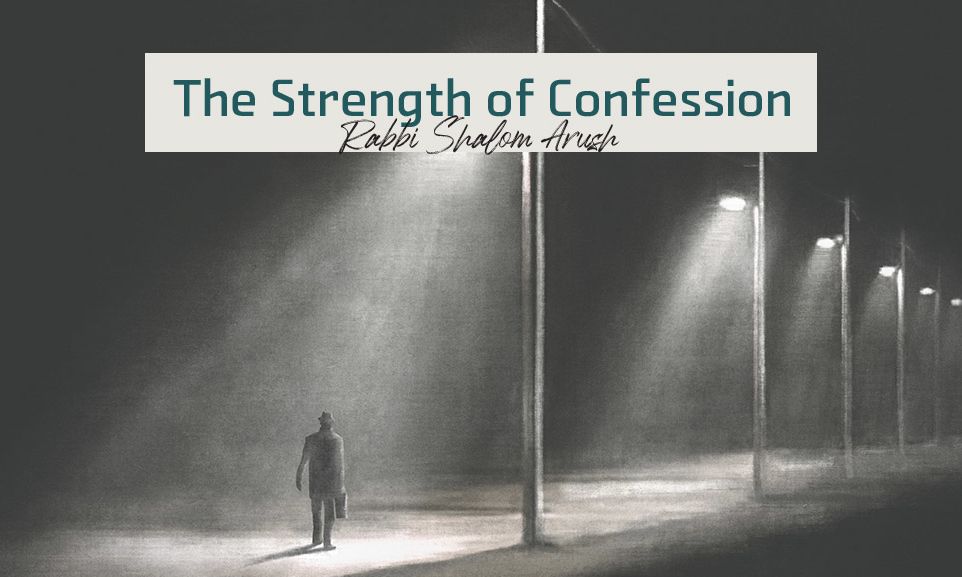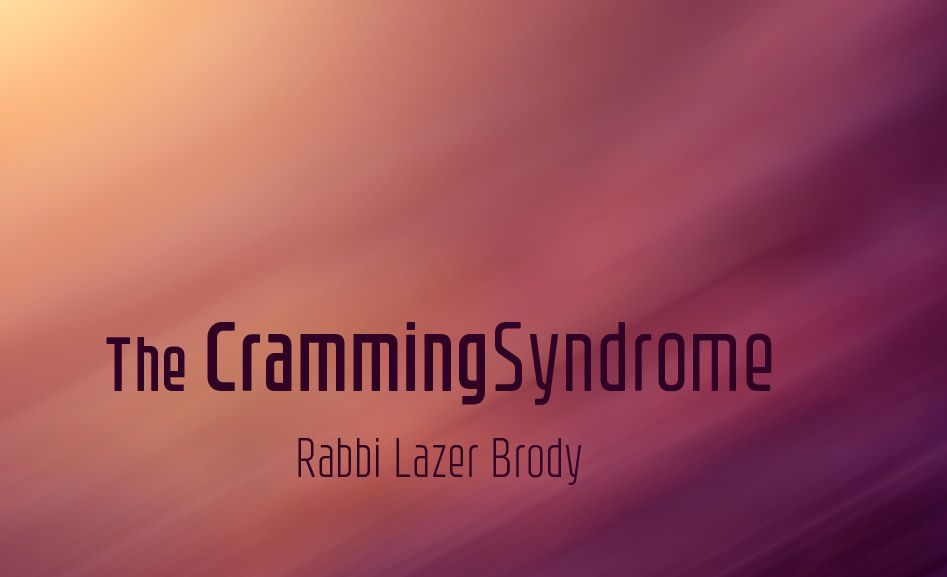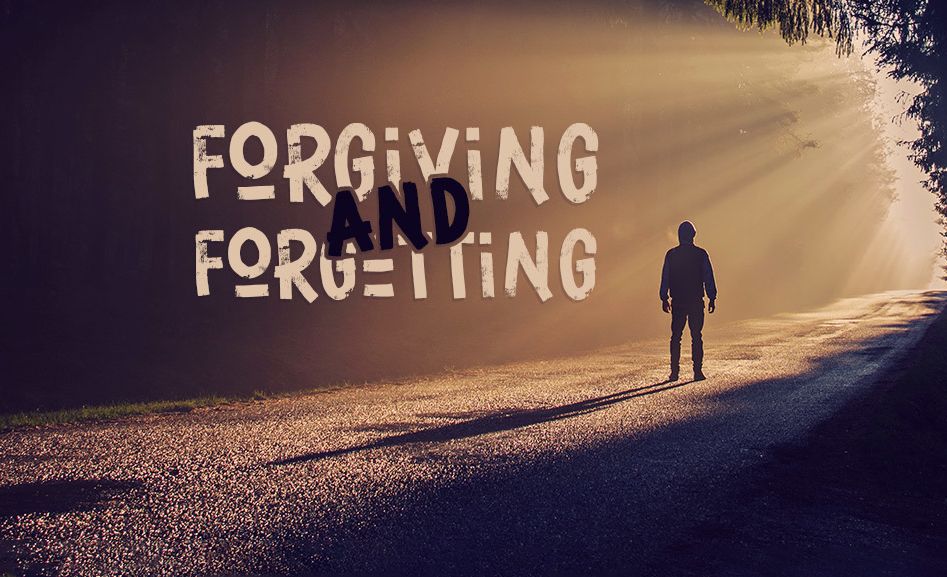
The Strength of Confession
A indication of strength is one's willingness to admit a mistake, and not to hide from it. Hashem regards a person's confession as strength, not weakness...

King Solomon says, “He who hides his sins won’t succeed, but he who confesses and leaves sin behind will be comforted” (Proverbs 28:13). If confessing our sins is an outright obligation every day, in Elul it’s doubly important.
One of the reasons we’re called Jews – Yehudim in Hebrew – is because Yehuda (Judah) the son of Jacob possessed the power to publicly confess – hoda’a. Yehuda, or Judah, overcame unfathomable embarrassment to admit – in front of his holy father and grandfather, in a court of law – that he was the father of Tamar’s expected child. The Midrash tells us that this act was so admirable in Hashem’s eyes that the Jewish people became named after Judah.
An inherent strength of our people is the ability to admit wrongdoing. Achan committed a terrible sin, yet he confessed (see Joshua 7:20). When confronted by Nathan the Prophet, King David admitted his wrongdoing (see Samuel II, 12:13). A laudable indication of character strength is one’s willingness to  admit a mistake, and not to hide from it. Hashem regards a person’s confession as strength, not weakness. One’s willingness to admit and confess is a sign of humility; it shows that he acknowledges his own weaknesses, and that he sorely needs Divine help, compassion and mercy.
admit a mistake, and not to hide from it. Hashem regards a person’s confession as strength, not weakness. One’s willingness to admit and confess is a sign of humility; it shows that he acknowledges his own weaknesses, and that he sorely needs Divine help, compassion and mercy.
We now see the main contrast between David and Saul. David admitted immediately to wrongdoing and confessed on the spot. Saul tried to rationalize and justify his misdeed. The Gemara tells us, “Saul paid a price for one, David didn’t pay a price for two” (tractate Yoma, 22b). This cryptic-sounding Talmudic passage means that Saul lost his monarchy for committing one sin – failing to kill the Amalekite king Agag as he was commanded to. Why? Saul repeated the mistake of Adam and Eve, by trying to hide from Hashem. In speaking to Samuel the Prophet, he justified and rationalized his actions. Yet, when David was harshly rebuked by Nathan the Prophet, he confessed immediately with no excuses or explanations.
Taking a closer look, we find that the source of all sin is our momentary forgetfulness of Hashem. Had we remembered Hashem and felt that He was right there with us, we wouldn’t have sinned! Consequently, the main emphasis of our teshuva – rectifying our misdeeds and returning to Hashem – should be our asking forgiveness for momentarily forgetting Hashem and thus rendering ourselves vulnerable to sin.
Arrogance and lack of emuna cause a person to forget about Hashem. Therefore, any transgression is an indication that we must reinforce our emuna and strive harder for humility. Let’s neither hide nor fool ourselves, and admit to our weaknesses. Recognizing and admitting our shortcomings are the basis of self-betterment. In like manner, if a doctor lacks an accurate diagnosis, he’ll never cure the patient. Once we acknowledge and recognize our core problem, we are already on the road to solving it.
One cannot possibly attain any measure of self-awareness without a daily hour of personal prayer. Daily, we must remember that Hashem took us out of Egypt and that Hashem, and only Him, is our salvation for posterity. Without daily reminders, human nature gravitates toward forgetfulness, like water that quickly slips out of a person’s hand. Without Hashem’s Divine help and personal intervention in our lives, we have no chance of overcoming the evil inclination, which makes every effort to cause a person to forget Hashem. We are utterly powerless without Hashem. But, with daily personal prayer and teshuva, we are always with Hashem, especially in Elul when “the King is in the field” and it’s easy to get close to Him.










Tell us what you think!
Thank you for your comment!
It will be published after approval by the Editor.